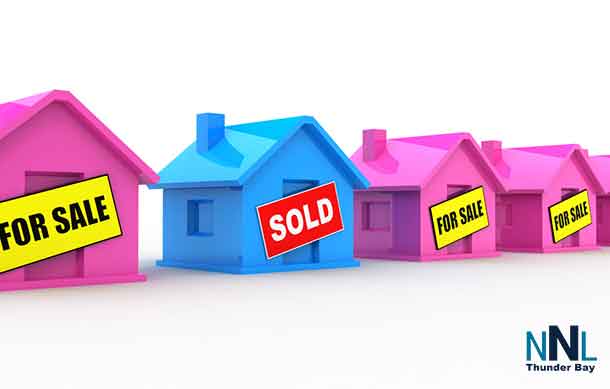When you pay for a portion of a property with a mortgage loan, rather than buying it outright, equity is an important matter to consider.
Equity refers to the fair market value of your home minus the remaining amount you still owe on your mortgage. So, it is essentially a measure of the portion of your home you have paid off and what that portion is worth. For instance, if your house is valued at $350,000, and you have $150,000 left to pay on your mortgage, your home equity would be $200,000.
A home equity loan is a type of financing option that basically functions as a second mortgage and involves borrowing against this home equity. In most cases, the total amount you can borrow could be up to 80% of the value of your home minus the current amount you still owe on your first mortgage.
Returning to the above example, if your home is worth $350,000, then 80% of this would be $280,000. Therefore, you could receive a loan of up to $130,000 after subtracting the remaining $150,000 that you owed on your initial mortgage loan.
How is a home equity loan different from a personal loan?
There are some similarities between home equity loans and personal loans. As they both require an approval process in which factors such as your credit score are analyzed, you have to go through banks or credit unions to get approved for either of them. For both types, you must pay them back gradually over a predetermined period.
However, one of the biggest differences between a personal loan and a home equity loan is that while a home equity loan basically involves borrowing from yourself, a personal loan involves borrowing a sum of money from a financial institution.
Thus, a home equity loan is borrowed with significant collateral secured against your home, whereas a personal loan is generally unsecured. For this reason, the interest rates you must pay on a personal loan tend to be much higher than those you pay on a home equity loan.
How to Tell Whether a Home Equity Loan or a Personal Loan Is Better Suited to Your Needs
If you are trying to decide whether a home equity loan or a personal loan is a better option, there are a number of different factors to consider as you make this decision. These include the following:
-
Do you have home equity, and how much of it do you have?
If you do not own a property, obtaining a home equity loan will not be possible since you will have no home equity to offer as collateral. Therefore, a personal loan would be your only option.
However, having your own property does not necessarily guarantee that a home equity loan is right for you either, as this largely depends on how much equity you have in your home.
Most lenders require that you have at least 20% equity in your home to qualify for a home equity loan, but the potential loan amount you could get will depend on your equity amount. So, it is important to figure out ahead of time if this amount will be enough to cover the costs needed for this loan.
-
What do you hope to achieve with the loan?
The type of loan that will be best suited for you also depends on your goal. For instance, if you only need to cover a one-time expense, such as the purchase of a new vehicle, and you know that this cost will be less than $50,000, then a personal loan may work.
On the other hand, if your aim is to pay for several home improvements that will be ongoing for at least a year or so, then a home equity loan may be optimal, as this loan type is better to use when the total dollar amount that you require is uncertain.
-
How is your credit score?
Your credit score is an important factor to consider in this process as well. Thus, it may be worth it to do a soft check on your score before applying for either loan type.
If you have an excellent credit score, your options are more open, as this score may help qualify you for better personal loan interest rates than the average person.
On the flip side, if your credit score is not great, a home equity loan may be the better option. Although this score is a factor that is considered when you apply for such a loan, the fact that the loan is secured against your house means you will likely still be approved.
-
What is more important to you: interest rates or risk?
Since home equity loans are secured, their interest rates tend to be lower than personal loans if you have a good credit score. Paying higher interest rates on a personal loan means that this option will likely be more costly for you over time. However, because this loan type is unsecured, you do not have to worry about the risk of losing any kind of collateral.
On the other hand, if you do not stay on top of your home equity loan repayments, you run the risk of the bank/loaner foreclosing on your house. This may be a risk you would prefer to avoid unless you are certain you will always be able to make your loan repayments on time.
How Canadalend Can Help You Secure a Home Equity Loan
After you have considered all the factors mentioned above, if you are still uncertain of whether to choose a home equity loan or a personal loan, Canadalend has many experts in this domain who would be happy to guide you in the right direction.
Our team of licensed mortgage professionals has a wide range of solutions for all your financial needs. We have the knowledge and expertise needed to explain the subtle differences between these options so that you can fully grasp which one is best suited for you.
We will be there to guide you through these important decision-making processes every step of the way, answering any questions you may have and offering valuable advice when you need it.
For more information about how we can help you secure a home equity loan, or to learn about how we can help you get the best possible interest rate on such a loan, call Canadalend at 1-844-586-0713 or contact us here.







